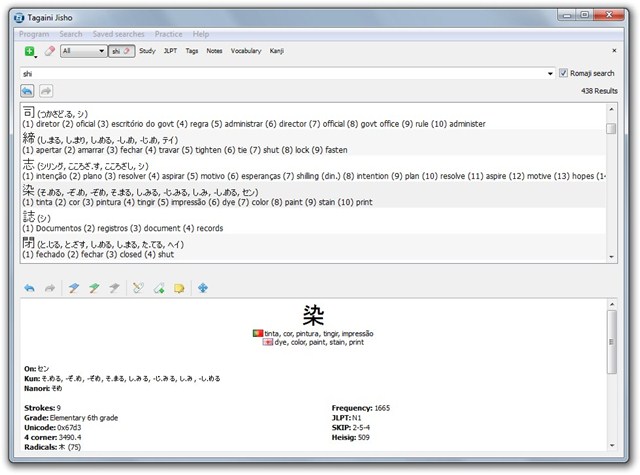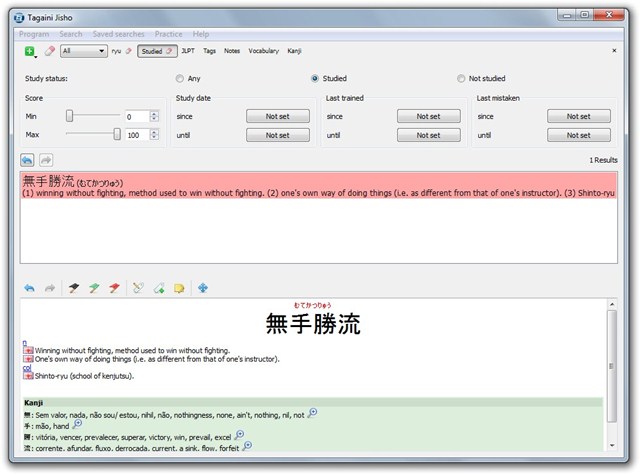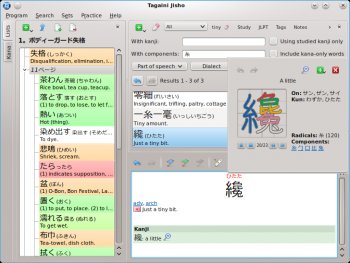

In any case Duolingo does not correlate at all with fluency. This doesn't go well with the previous point. There's something inherently weird about the vocabulary, Duolingo-style. They repeated the sentences and some vocabulary a lot, so if you had any gaps or couldn't remember one particular word you might get three questions wrong, which would have a large impact on your placement. I went with it, but I was adjusting to the app. If they were enforcing a rigid wrong order they were incorrectly marking as failures usage that I would argue is more natural, at least given my particular background (Southern). Mind you, what the app requested isn't _wrong_ but it's certainly not the only way to do it. Given capitalization I was forced to use word order that didn't come naturally. So I just did the placement test (in English), completed all the questions correctly and was placed at level 11, with a few gray bubbles at the end of the tree. (I know you were replying to commenter discussing French, but I'm guessing something similar is going on) If they never learned this rule, they'd be as well understood. And the wrong thing is not that Duolingo has a bug, it is that it has made-up grammar rules, which users still have to learn. This is like Duolingo saying 'the'='der' and rejecting 'das' and 'die'. In that sentence you can't just put +I to make it definite as I described above "ayiyi cikabilir" "der". "Bir ayi cikabilir" would be Duolingo's answer, but it sounds awkward, no one would say that.Īnd there are no hard rules. "Ayi cikabilir" roughly means "caution, bear in area" and as you see you don't use "bir" but it is still indefinite. In English "a bear" and "the bear" are different things even without context whereas in Turkish "ayi" and "bir ayi" mean more or less the same thing outside of a sentence and I'd just use "bear", but in some contexts they'll mean different things. But Duolingo teaches as if this distinction is as strict in Turkish as it is in English. My point is "definiteness" is not a concrete concept in Turkish and if you're academically analyzing a sentence you'd have to use other types of information (accusative case, the word 'bir', context, etc.) to judge if a noun is definite or indefinite (or maybe something in the middle?). It also makes sense that they don't mention this sicne this is probably super advanced nuanced speaking, but then be consistent and don't teach that "bir" distinction to beginners as well. You add +I accusative suffix to "bira" (beer).

For example "dolaba bira koy" : "put A beer in the fridge" vs "dolaba biraYI koy" : "put THE beer in the fridge". There is no single language construct similar to "article", you infer it from other kinds of information. In Turkish definiteness is mostly denoted with accusative case. That's not even remotely close to the truth (and made me get all "article" questions wrong). But in Duolingo they taught as if you should translate "the X" without "bir" and "a/an X" with "bir". But they're not exactly indefinite articles, and sentence usually makes sense without them and when you speak fast you omit them. For example, in Turkish there is a word "bir" (read ) which literally means "one" which is sometimes used akin to indefinite articles (a/an). I'm a Turkish native speaker and I couldn't pass their intermediate Turkish material as well.ĮDIT: Also it felt like the whole game was written from an "Indo-European" perspective. I don't think you'll learn to speak any languages with it. I also had to follow youtube lessons to make any sense of what I learned.ĭuolingo is cool at making it look fun to learn. I know words, but those words make no sense on their own. I can't count to ten because it only gives you numbers randomly. I can't form a sentence on my own because it never teaches you how. But after completing the entire suite, I still can't look at a japanese text and read it. Japanese: This is very different from the languages I speak. The correct answers are always cringe worthy.

I had to read a lot or children book to remedy that.įrench: As a french speaker, I went through it as a meta course just to see. After completing the course, I tried having conversations with people (with friends but mostly uber drivers) and I was surprised how many times i learned it all wrong. Spanish: I speak french and English so Spanish is relatively easy to complete. I did Duolingo seriously for more than 370 days in a row.


 0 kommentar(er)
0 kommentar(er)
